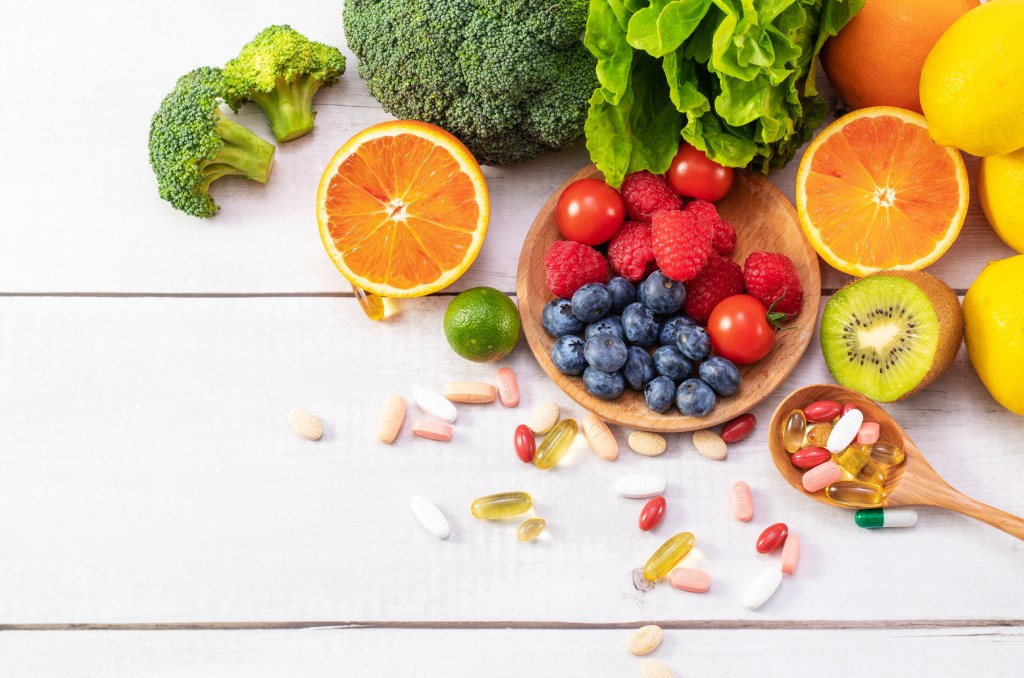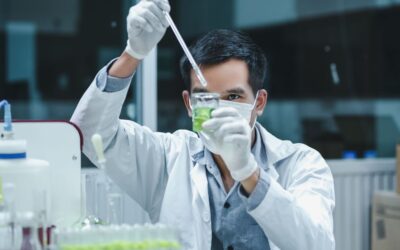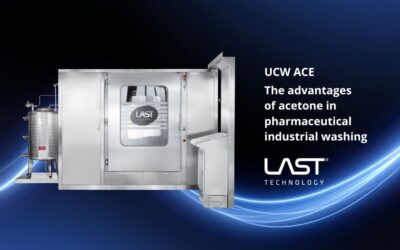
Today’s increasingly frenetic and dynamic lifestyle also reflects on our organism, sometimes causing feelings of tiredness, weakness or general un-ease. This gave rise to the need for developing a new concept of integration with a healthy purpose, to improve people’s perception of psychophysical well-being.
Today, in addition to their original purpose of correcting nutritional deficits, food integrators are formulated with the aim of providing the body’s physiological well-being to supplement, and not substitute, a healthy, well-balanced diet.
The most commonly used active ingredients in food supplement formulations are:
- vitamins;
- mineral salts;
- plant extracts;
- probiotics and prebiotics;
- other substances with a physiological effect.
We can thus state that supplements are concentrated sources of nutrients and are defined by the regulations of the sector (Directive 2002/46/EC, implemented by legislative decree 21 May 2004, no. 169) as ‘foodstuffs intended to supplement the common diet and which constitute a concentrated source of nutrients, such as vitamins and minerals, or other substances with a nutritional or physiological effect, in particular, but not only, amino acids, essential fatty acids, fibre and extracts of plant sources, whether mono- or multi-compound, in pre-dosed forms‘.
Supplements are easily found in pharmacies, herbalist shops, large-scale retail trade and online portals and are available for oral consumption in tablets, capsules, powders and solutions.
The economic scenario for dietary supplements
The food supplement market is now experiencing a period of exponential growth without precedent. This is how Gabriele Barbaresco, Head of Area Studi Mediobanca, described the strong growth of the nutritional supplement market in Italy, after presenting the results of Intesa Sanpaolo’s Studies and Research Department and Area Studi Mediobanca: “Italy boasts important records, including that of having the largest market for nutritional supplements in Europe, more than a quarter of its total, with expectations of close to 5 billion in sales in 2025 from the current 4” and adds “The global growth prospects for nutritional supplements are very favorable: almost 8% average annual growth, for a global market close to $240 billion in 2027“.
A particularly positive trend if we consider the critical aspects presented by the pandemic and the uncontrollable evolution of an increasingly fragmented and unpredictable global geopolitical context.
Safety regulations for production and distribution
Food supplements must respond to substance safety assessments for use as sources of vitamins and minerals and more. For example, in Europe, the European Food Safety Authority (EFSA), an EU agency that provides scientific advice to risk managers and carries out communication activities on risks associated with the food chain, was established in 2002.
Between 2005 and 2009, EFSA carried out an exhaustive evaluation of the substances contained in supplements that can be used in EU countries. The list published by EFSA was drawn up mainly taking into account safety parameters, intake limits and the efficacy with which the nutrient is released into the organism.
In addition, in May 2018, EFSA’s Panel on Food Additives and Nutrient Sources Added to Food (ANS) adopted guidance on the assessment of nutrient sources and nutrient bioavailability from sources.
According to the framework of EU food legislation (Regulation EC No 178/2002), supplements are considered to be food in all aspects of the word, and for this reason the responsibility for ensuring product safety lines with the food business operator marketing the product.
For these reasons, any company wishing to market in Europe a substance that is not included in the list drawn up by EFSA must submit a special application to the European Commission.
Finally, in order to ensure product safety, establishments used for the production and packaging of supplements must be approved in advance. Approval requires prior verification of compliance with the hygiene and technical requirements laid down in Regulations (EC) 852/2004 and (EC) 853/2004 on the hygiene of foodstuffs.
Ensuring the best hygienic conditions
LAST Technology develops washing, disinfection, sterilization, depyrogenation, decontamination and drying equipment of the highest quality standards to ensure the prevention of bacterial infections and to meet the specific needs of industries producing food supplements to ensure an adequate level of quality and safety.


